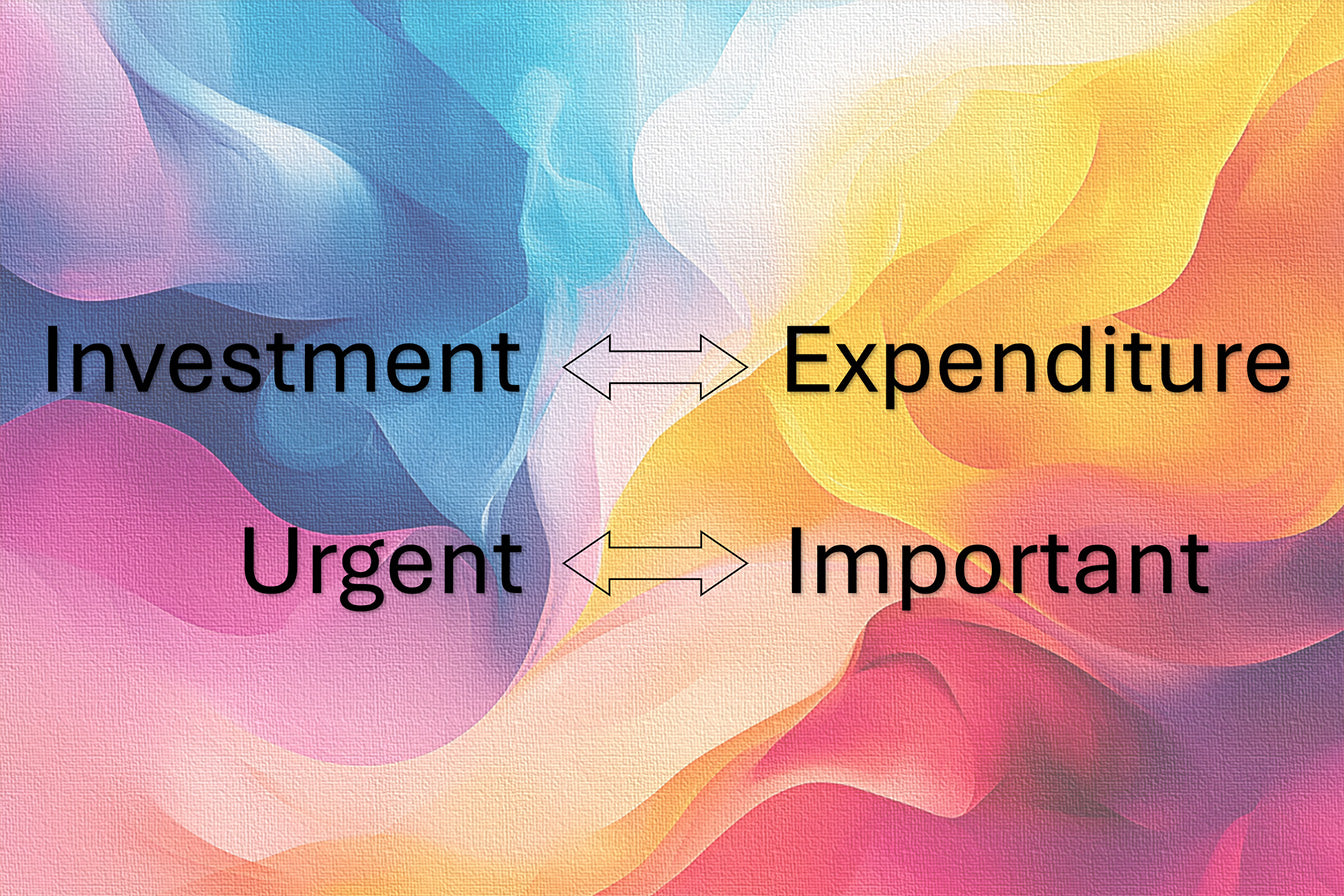Purpose
There is simply so much to do these days both professionally and personally. In order to move on to bigger and grander projects, there is eventually a need to delegate tasks. Delegation skill is fundamental in the professional growth of an individual. As you gain more experience and climb up the job ladder, it becomes increasingly important for you to delegate the details and grunt work to others and spend your time on management and high-level decision making.
Unfortunately, most people find delegation cumbersome or tedious. This is particularly the case with people who are not natural at asking others to do things for them or that they feel they want to remain in control.
There are, however, numerous benefits to delegations and also for people who are delegated too. These people get to contribute, prove themselves, work on something different and if the right tasks are delegated, grow and succeed in their professional lives.
Since there are so many parameters involved in making decisions on delegation, it is useful to approach this systematically. This exercise provides a structure that an individual can follow to see what tasks can be delegated, why they should be delegated and how.
This exercise is based on filling a detailed form and thinking about a variety of tasks both on a personal and professional level. As such it is best if the exercise is carried out individually rather than in a group. Have a group discussion afterwards once everyone has filled in their forms so that participants can learn from each other and get inspired.
Objective
Fill in the form to identify what you need to delegate.
What You Need
- A copy of the “Delegation Analysis Form” for each participant. All the instructions to fill in the form are provided in the Microsoft Word file that you can download by following the link.
Setup
- Distribute a copy of the “Delegation Analysis Form” to each participant.
- Ask each person to fill in the form for their personal and professional task. They can spend as much time as needed. It is best if this exercise is carried out as homework so participants don’t have to rush through it.
- In a post-homework course, ask everyone to share what they thought of the process so they can get inspired by each other’s approaches.
- Follow with a discussion.
Timing
Explaining the Exercise: 5 minutes
Activity: Time as needed
Group Feedback: 15 minutes
Discussion
How did the form help you understand what you needed to delegate and what to keep? What did you think of the systematic process? What did you think of other people’s approaches? Where there any tasks that you found difficult to decide whether to delegate or not? What aspect of delegation do you find most challenging? How did the pruning process help you identify where you needed to focus most and where you needed to free up time?
Soft Skills Training Materials
Get downloadable training materials
Online Train the Trainer Course:
Core Skills
Learn How to Become the Best Trainer in Your Field
All Tags
Training Resources for You

Course Design Strategy
Available as paperback and ebook

Free Training Resources
Download a free comprehensive training package including training guidelines, soft skills training activities, assessment forms and useful training resources that you can use to enhance your courses.

Our Comprehensive Guide to Body Language

Train the Trainer Resources
Get Insights - Read Guides and Books - Attend Courses
Training Materials
Get downloadable training materials on: Management Training, Personal Development, Interpersonal Development, Human Resources, and Sales & Marketing














Leave a comment
All comments are moderated before being published.
This site is protected by hCaptcha and the hCaptcha Privacy Policy and Terms of Service apply.